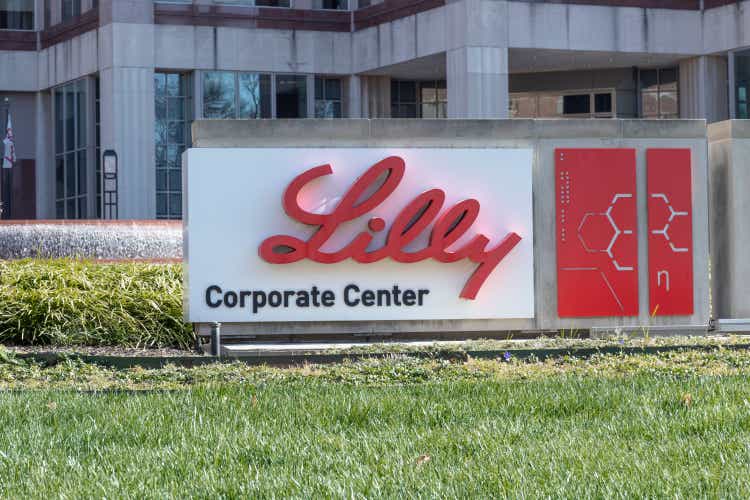
jetcityimage/iStock Editorial via Getty Images
- Eli Lilly (NYSE:LLY) reported positive results from a Phase 3 study evaluating a modified dosing regimen for its Alzheimer’s drug Kisunla, which could support a potential label update for the product.
- The Phase 3 study showed that shifting one vial of the drug from the first to the third infusion was able to reduce amyloid-related imaging abnormalities with edema/effusion, or ARIA-E, to 14% versus 24% in patients receiving the standard dosing regimen, according to a statement.
- It added that the reduction of amyloid plaque and P-tau217 on the modified titration regimen was comparable to patients receiving the standard dosing regimen.
- Lilly (LLY) noted that the largest ARIA-E reduction with the modified titration was seen in APOE4 homozygotes, carriers of a known genetic risk factor for developing Alzheimer’s disease.
- The company intends to submit the data to global regulators for a potential label update for Kisunla, which is also known as donanemab-azbt. The data was presented at the 17th Clinical Trials on Alzheimer’s Disease Conference in Madrid, Spain.
- Kisunla is approved in the US for the treatment of adults with early symptomatic Alzheimer’s disease.
